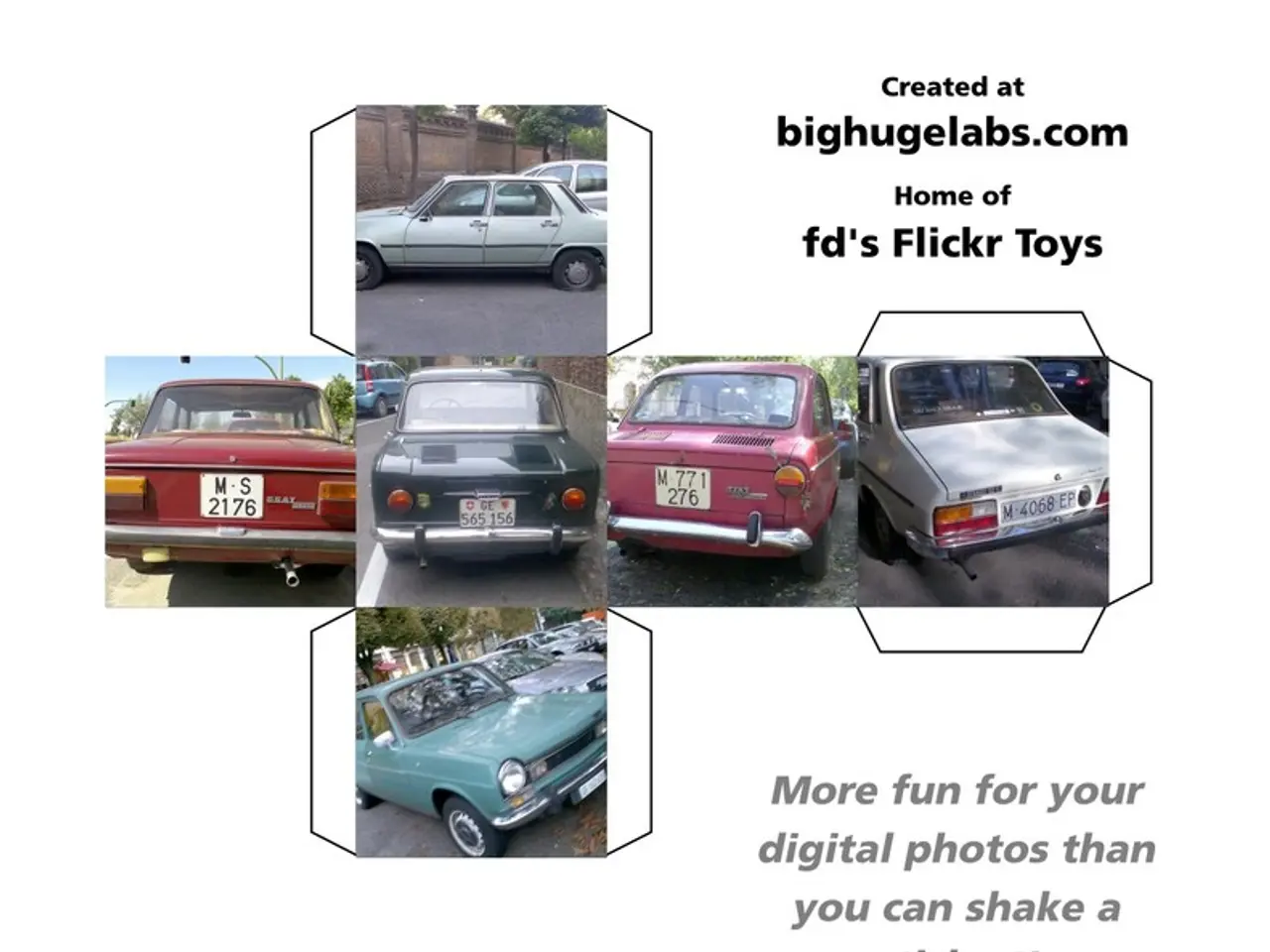Transformation of Commercial Vehicle Sector through Technological Advancements
In the rapidly evolving world of commercial automotive technology, several key trends are shaping the future of transportation. The industry is witnessing a surge in the adoption of electric vehicles (EVs), advancements in vehicle automation, enhanced connectivity through emerging technologies, and transformative manufacturing processes.
One of the most significant developments in the EV market is the continued growth and improvement in battery technology. Despite a slight tapering from the initial surge, demand for battery electric vehicles remains strong. Innovations in powertrain efficiency, particularly through advanced semiconductor materials like silicon carbide (SiC) and gallium nitride (GaN), are driving improved performance and cost reduction in EVs. This technological advancement is making electric vehicles more affordable, supported by advances in battery tech and renewable energy integration.
Another crucial area of focus is vehicle automation. Level 2 automation, where vehicles assist drivers with steering, braking, and acceleration, is becoming mainstream. Development is also underway toward higher autonomy levels (Level 4 and 5), with AI, sensor fusion, and real-time decision-making systems advancing autonomous driving capabilities. These innovations enhance safety, reduce congestion, and raise efficiency in commercial transportation.
The integration of AI, Internet of Things (IoT), 5G networks, blockchain, and digital twins is creating smarter, safer, and more connected commercial vehicles. Such connectivity allows real-time data exchange, predictive maintenance, and enhanced vehicle performance optimization. This shift is fostering a software-driven automotive ecosystem that enables better fleet management and personalized user experiences.
Technologies like 3D printing, robotics, and automation are revolutionizing vehicle production—enabling higher precision, faster assembly, and cost-effective customization. This contributes to increased efficiency and quality in commercial vehicle manufacturing.
Affordability is a significant force shaping industry trends, including openness to new market entrants like Chinese automakers. The commercial sector is adapting to tariff impacts and cost pressures, with dealerships emphasizing digital engagement and service contracts to maintain profitability and customer loyalty in a challenging economic environment.
For business professionals and organizations, understanding and leveraging these technologies is crucial for staying competitive, offering operational efficiencies, cost savings, and environmental benefits. Autonomous driving technology can increase productivity by operating around the clock without rest breaks and optimizing routes in real-time.
However, the commercial vehicle industry is not without its challenges. Persistent issues such as fuel inefficiency, safety concerns, and environmental impact continue to be addressed through fuel-saving innovations like hybrid engines and alternative fuels like hydrogen. Companies like Waymo and Uber Freight are investing heavily in self-driving technology, while electric vehicles like those developed by Tesla and Rivian promise zero emissions and lower operational costs.
Advanced safety features like automatic braking systems, lane-keeping assist, and real-time monitoring of vehicle health are becoming standard in modern commercial vehicles, reducing the risk of accidents and contributing indirectly to environmental sustainability by minimizing traffic congestion. Electric vehicles significantly reduce operational costs due to fewer maintenance requirements and lower fuel costs compared to diesel engines, making them a far more sustainable option.
In summary, the commercial automotive industry is undergoing a significant transformation through electrification, automation, connected vehicle technologies, and advanced manufacturing. These advancements are addressing long-standing challenges and opening up new possibilities, making it an exciting time for businesses and consumers alike.
Science plays a pivotal role in the development of electric vehicles as innovations in powertrain efficiency, such as those achieved with advanced semiconductor materials like silicon carbide (SiC) and gallium nitride (GaN), are driving improved performance and cost reduction in EVs. This environmental-science progress is making electric vehicles more affordable, supported by advances in battery technology and renewable energy integration.
The industry is also witnessing the integration of AI, IoT, 5G networks, blockchain, and digital twins, transforming commercial vehicles into smarter, safer, and more connected entities, enabling real-time data exchange, predictive maintenance, and enhanced vehicle performance optimization. Technology advancements in vehicle automation, particularly the development of AI, sensor fusion, and real-time decision-making systems, are enhancing safety, reducing congestion, and raising efficiency in commercial transportation.
In the domain of cars and the environment, the growth and improvement in battery technology and the increasing adoption of electric vehicles are addressing concerns about climate-change and the impact on our lifestyles. While challenges persist, such as fuel inefficiency, safety concerns, and environmental impact, technological advancements like hybrid engines, self-driving technology, and renewable energy sources have promise in ensuring a more sustainable commercial vehicle future.




